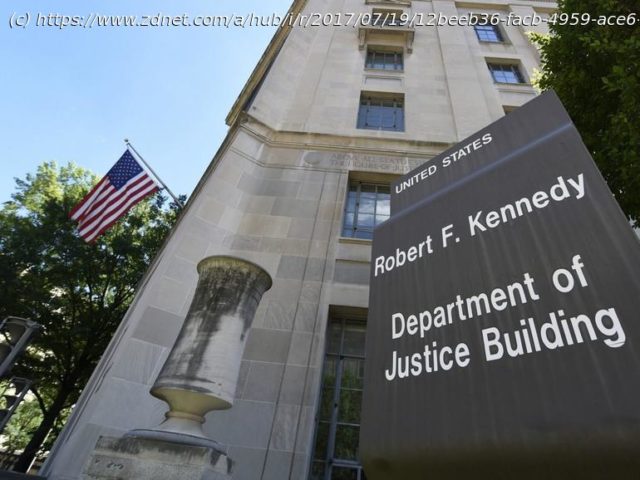Despite criticism from the GAO, federal prosecutors say they aren’t using the controversial law because it is new.
A new report from the Government Accountability Office (GAO) has found that the controversial Stop Enabling Sex Traffickers Act (SESTA) and Allow States and Victims to Fight Online Sex Trafficking Act (FOSTA) have been used just once since becoming law in April 2018. The GAO report, issued by GAO director of the Homeland Security and Justice team Gretta Goodwin, said that criminal restitution has never been sought and civil damages have not been awarded at all under section 3 of FOSTA. Before being passed by Congress, the laws faced bitter opposition from advocacy groups, some members of the US Justice Department and even some US Senators, who warned that the law would force sex trafficking and prostitution operations even deeper underground while also making it harder for law enforcement to disrupt groups involved. Others said the law disrupted legitimate avenues for safe sex work and endangered those voluntarily involved in the industry. Federal authorities made news in 2018 when they seized backpage.com, the largest online platform for buying and selling commercial sex. But the GAO now says the closure of backpage.com and the passage of the laws «led many who controlled platforms in this market to relocate their platforms overseas.» «Additionally, with backpage.com no longer in the market, buyers and sellers moved to other online platforms, and the market became fragmented. The current landscape of the online commercial sex market heightens already existing challenges law enforcement face in gathering tips and evidence,» the report said. «The July 2020 Polaris and April 2019 childsafe.ai reports state that since backpage.com was removed from the market, there has been fierce competition among platforms for market share, and no single platform has emerged as dominant at the national level. DOJ officials confirmed this assessment,» the report added. Federal law enforcement agencies are now struggling to gather tips and evidence because online platforms have relocated to platforms overseas, use complex payment systems and have «increased use of social media platforms,» according to the GAO, which spoke with Justice Department prosecutors, FBI officials and many others within the government.






